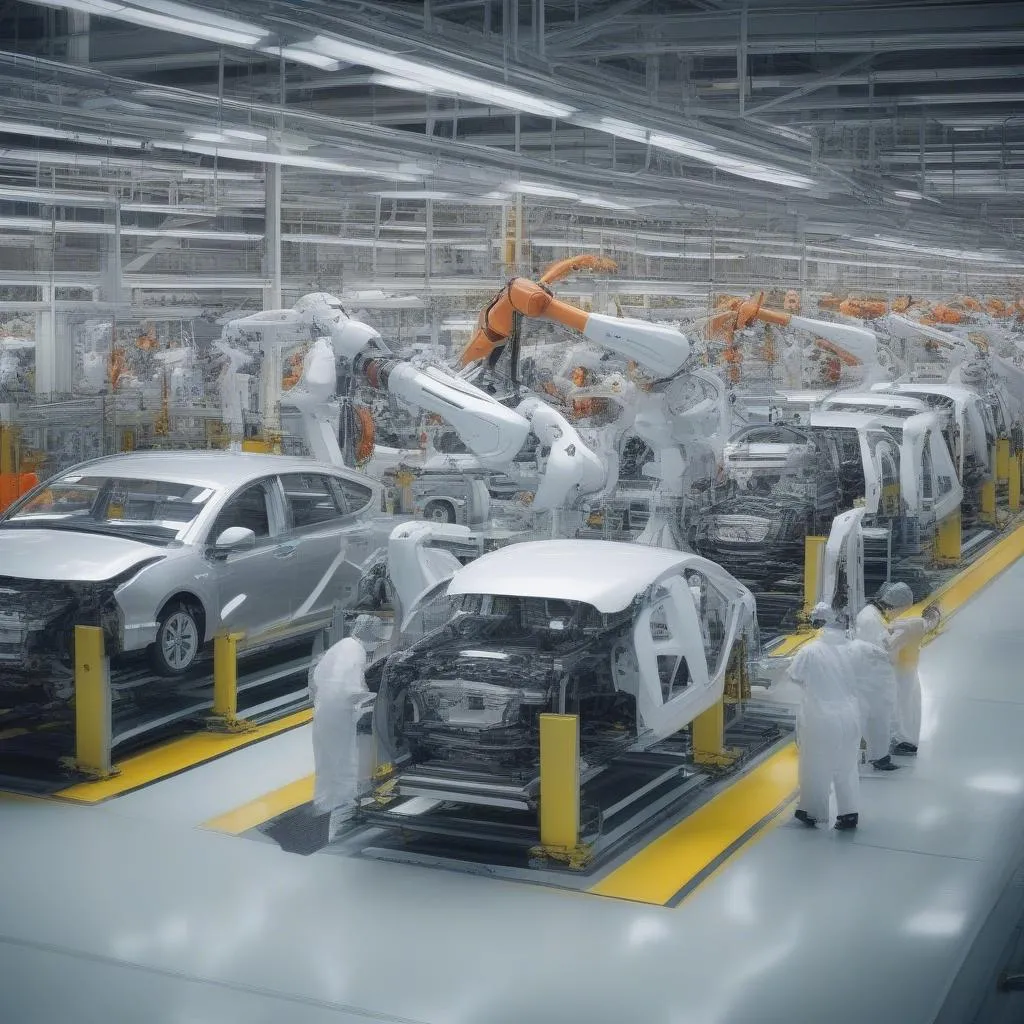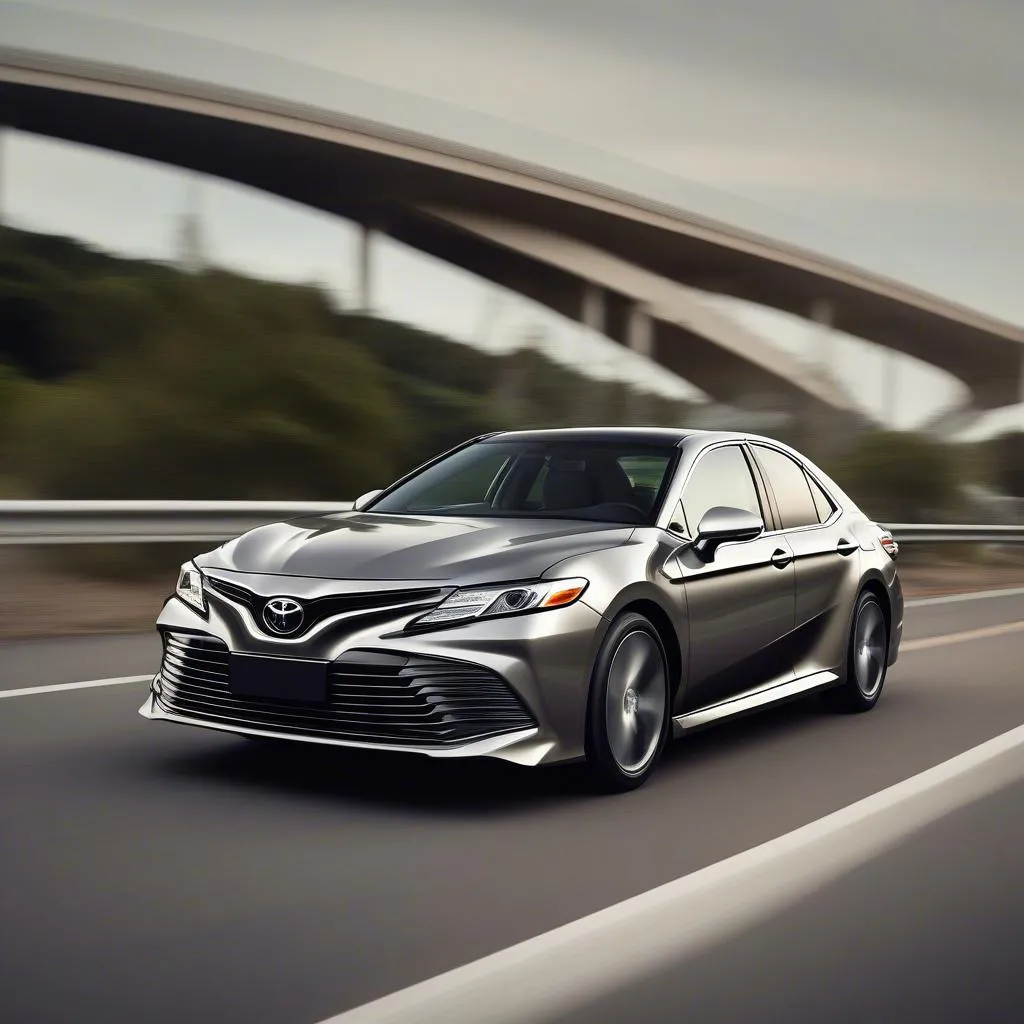Which Cars Are Built in Japan? A Comprehensive Guide
Have you ever wondered what makes a car truly “Japanese”? Is it just the brand name, or is there more to it? Let’s delve into the world of automotive manufacturing and uncover the fascinating story of Japanese cars, their origins, and the cars that are actually built in Japan.
Understanding the “Made in Japan” Label
The term “Made in Japan” carries a certain prestige and quality, reflecting the country’s reputation for high-quality craftsmanship and meticulous attention to detail. However, when it comes to cars, the “Made in Japan” label can be a bit more nuanced.
Many well-known car brands, like Toyota, Honda, and Nissan, are indeed Japanese companies. But, their manufacturing processes often extend beyond the borders of Japan, with factories and assembly lines spread across the globe.
What Makes a Car “Made in Japan”?
From a Technician’s Perspective
As a car diagnostic expert, I can tell you that the “Made in Japan” label is more complex than just the assembly location. It also includes:
- Design and Engineering: Japanese carmakers are renowned for their innovative engineering, often prioritizing fuel efficiency and reliability.
- Components and Parts: While some parts are sourced globally, a significant portion of components, especially those critical for the car’s performance and reliability, are still manufactured in Japan.
- Quality Control: Japan has a reputation for stringent quality control standards, which translates to durable and dependable cars.
From a Technical Perspective
The “Made in Japan” label can also encompass the following:
- Advanced Technologies: Japanese automakers have a history of pushing the boundaries of technology, leading in areas like hybrid technology and driver assistance systems.
- Manufacturing Expertise: Japan boasts highly skilled engineers and technicians, combined with a sophisticated and efficient manufacturing infrastructure.
From an Economic Perspective
The global reach of Japanese car manufacturers has a significant impact on the economy. It contributes to the economic prosperity of both Japan and the countries where its factories are located.
Which Cars Are Built in Japan?
While the exact list can vary, here are some popular models typically assembled in Japan:
- Toyota: Camry, Corolla, RAV4, Supra, Land Cruiser
- Honda: Accord, Civic, CR-V, Odyssey, Pilot
- Nissan: Altima, Sentra, Maxima, Pathfinder, Armada
- Mazda: Mazda3, CX-5, MX-5 Miata
- Subaru: Impreza, WRX, Outback, Legacy
Some common questions about Japanese cars:
Q: Are all Japanese cars built in Japan?
A: No, many Japanese car manufacturers have global manufacturing operations.
Q: Why are Japanese cars so reliable?
A: A combination of factors contributes to their reliability, including meticulous engineering, quality control, and a focus on durability.
Q: Are there any differences between Japanese cars built in Japan and those built elsewhere?
A: While quality standards are generally high, there can be slight variations in parts sourcing, local regulations, and assembly processes, which could lead to subtle differences in performance and features.
The Importance of Research
If you’re considering a Japanese car, researching its origins, manufacturing processes, and components can help you make an informed decision.
Remember, even though a car might be assembled in Japan, some parts may come from other countries. It’s crucial to understand the full picture before making a purchase.
More to Explore
Want to learn more about Japanese car culture? Check out our articles on:
- Muscle Cars Under $20k: https://cardiagxpert.com/muscle-cars-under-20k/
- Country Cars and Trucks: https://cardiagxpert.com/country-cars-trucks/
- BMW X3 vs Toyota RAV4: https://cardiagxpert.com/bmw-x3-vs-toyota-rav4/
Need Expert Assistance?
For any questions or assistance with your car’s diagnostics or repair, connect with our team of expert technicians. We offer 24/7 support for all your automotive needs.
Contact us via WhatsApp: +84767531508.
 Japanese Car Factory
Japanese Car Factory
 Toyota Camry
Toyota Camry
Let us know what you think! Leave a comment below and share this article with your friends who might be interested in learning more about Japanese cars.
